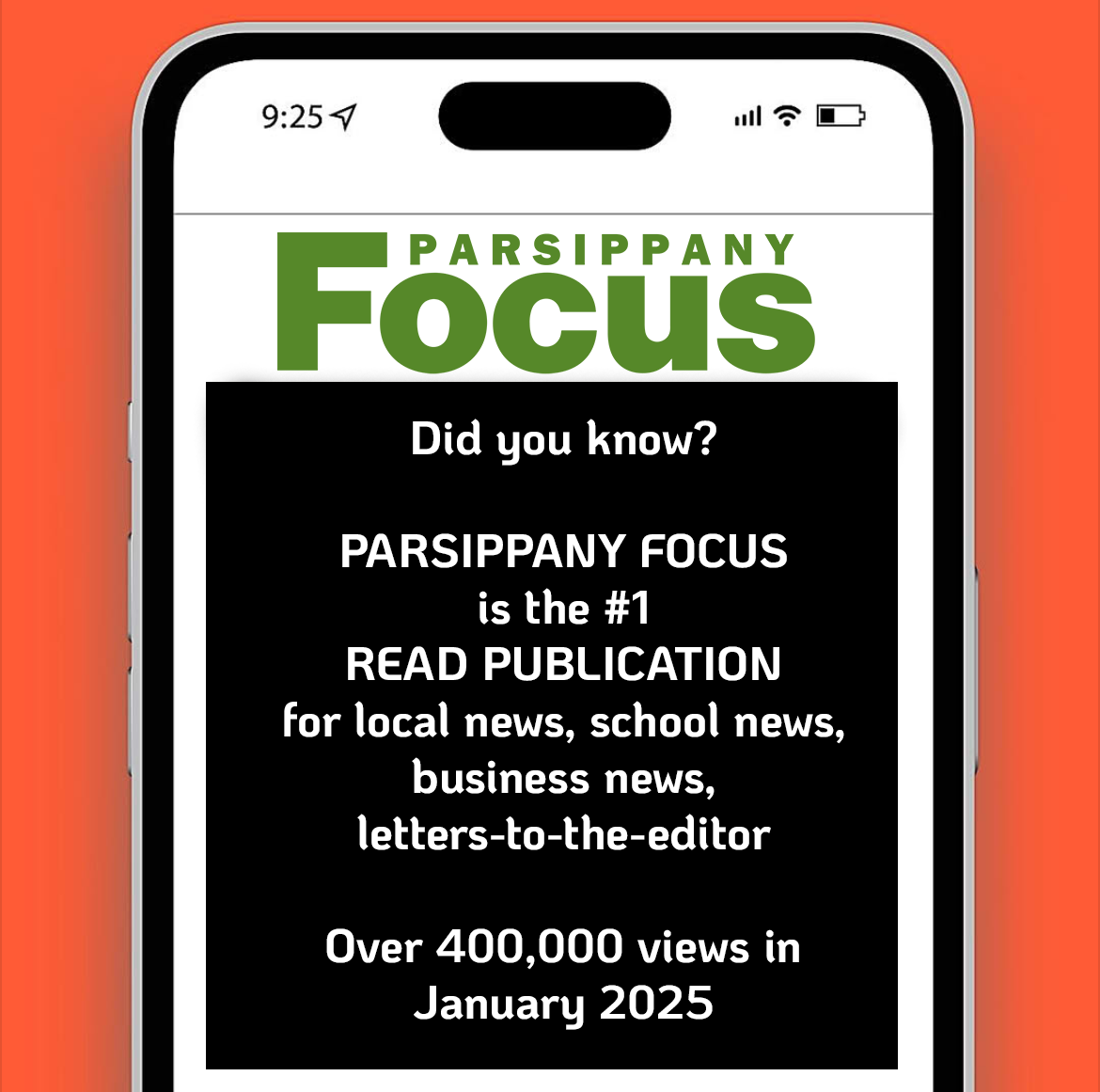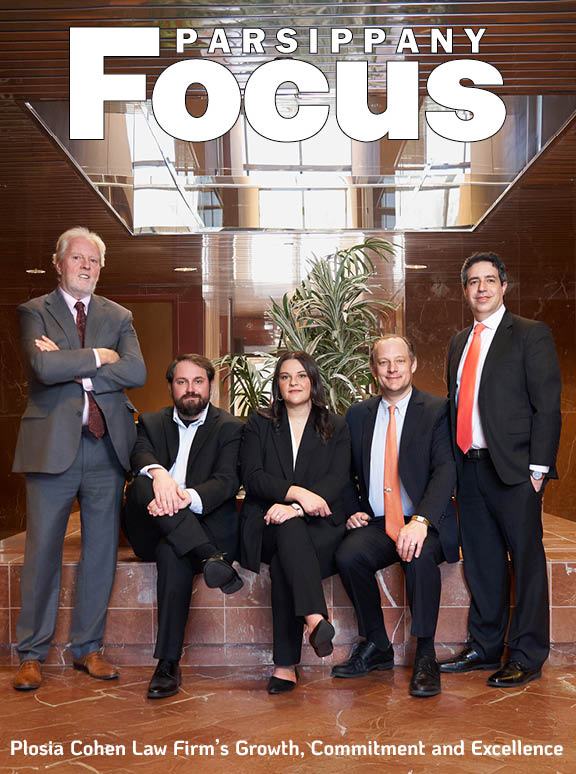MORRIS COUNTY – In an ongoing effort to combat homelessness, substance use disorders, and mental health crises, the Morris County Sheriff’s Office will host the Hope One Symposium on Friday, March 21, from 8:00 a.m. to 12:00 Noon at the County College of Morris’ Dragonetti Auditorium. This impactful event will bring together law enforcement officers, treatment providers, and community partners across the state to share strategies, ideas, and resources for addressing these critical issues.
The symposium will mark the eighth anniversary of Sheriff Gannon’s Hope One, a mobile outreach program dedicated to providing access to addiction recovery and mental health services. The Hope Hub, a program designed to assist individuals or families facing acute elevated risks, will also celebrate its fourth anniversary during the event.
Attendees can expect presentations focused on mental health community resources, highlighting available support systems for individuals and families in need. A range of expert speakers and service providers will discuss best practices, innovative programs, and success stories that have made a tangible difference in Morris County and beyond.
“This symposium serves as a crucial platform for community engagement and collaboration,” said Sheriff James Gannon. “By bringing together professionals from different fields, we are working towards breaking the cycle of addiction, homelessness, and mental health struggles while ensuring that those in crisis receive the support they need.”
A free breakfast will be provided for attendees. Registration for the event is now open at https://www.rsvpbook.com/2025symposium.
For further details, interested participants can contact Corporal Valvano via email at hopeone@co.morris.nj.us or call (973) 590-0300.
The Hope One initiative has been a beacon of hope in Morris County, reaching thousands of individuals and providing life-saving connections to services. Through events like the Hope One Symposium, the community continues to unite in support of those struggling with addiction, mental health disorders, and housing instability.
















